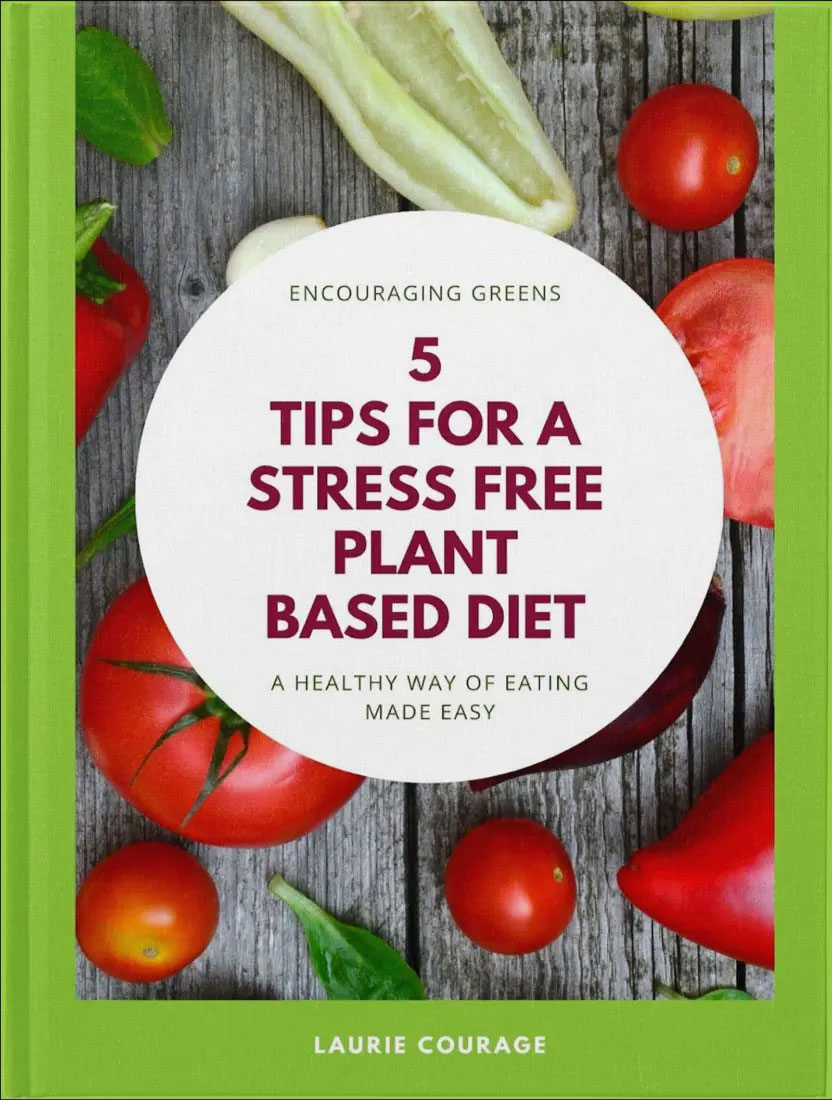At one point in my career, I drove over 60 miles to work each day across the NY metro area filled with lots of traffic, highways, bridges, and (said again for emphasis) traffic. One morning, I noticed that my speedometer just stopped working. “That is odd and I should get it fixed when I get home”, I thought to myself. I never considered turning around or pulling over. After all, it was just a speedometer and surely it would be no big deal. I would be able to go with the flow of traffic without a speedometer and be fine. I was wrong.
Speedometers are a must.
I learned an important lesson that day. Without a dashboard like a speedometer to give some needed feedback, it was incredibly difficult to know how fast or slow I was going. So stressful. Why? Because we actually have no idea whether the cars near us are following the speed limit, especially in traffic. The lack of a dashboard made it difficult to know whether to speed up or slow down. Without any feedback, we are just following at the whim of others.
Dashboards also help us make healthier food choices.
When making decisions to eat healthy, similar to my experience that day, I am often reminded that we need both a trusted ‘speed limit’ as a reference point and a working speedometer or dashboard to measure our progress. Without paying attention to both, we are at the whim of others – the processed food and pharmaceutical industries, the media, a quack author, or a well-intended friend or family member.
A speed limit is often the ideal and evidence-based way to reach our destination. On my road back to good health, the ‘speed limit’ guidance I follow is a whole food plant-based diet, low in added salt, fat, and sugar. Having healthy ‘speedometers’ can help us measure our progress and monitor how fast we want to improve our health.
The right tools can help us move forward.
The good news is that we have several dashboards we can use to guide us. Examples include a restaurant menu, a food label, a scale, our bloodwork, a stress test, an empty water bottle, or a walk/sleep monitor. You get the idea. We can use one, all, or something in between. The important thing is to use at least one. These act as our dashboards to give us needed feedback so we can decide what and how to eat. With each bite, we decide how much we value our health vs. convenience, if we will ask for what we need or let the chef choose our health outcome for us, or if we will have treats occasionally or make every night a reason to celebrate and indulge.
As we set out on this journey to improve our health, some of us may choose to accelerate slowly with good and eventually better food choices. Others are all-in right from the start, 0 to 60. Right to Kale. Hint: The more you need to get well, the more that moderation may not be enough and you may want to consider going directly to best.
I learned an important lesson that day. Even with a clear speed limit and direction, I need a dashboard to monitor and adjust to help me reach my destination. We all have a choice with each bite we take. I try to remind myself and others of that every day.
That is why I always sign my emails…
Best, Laurie

